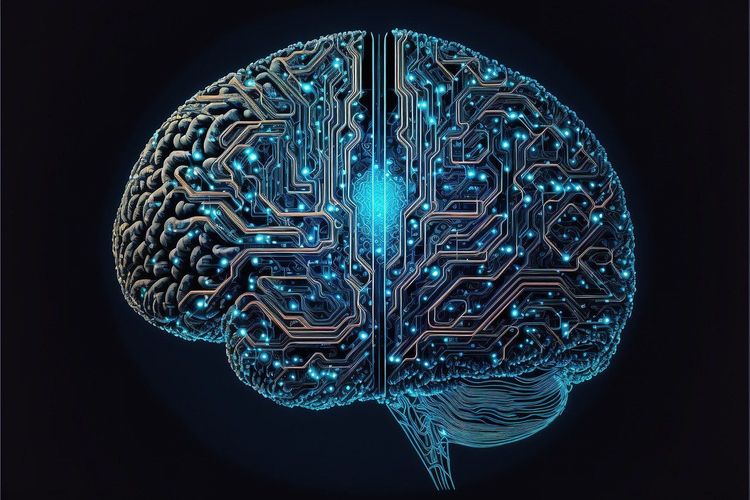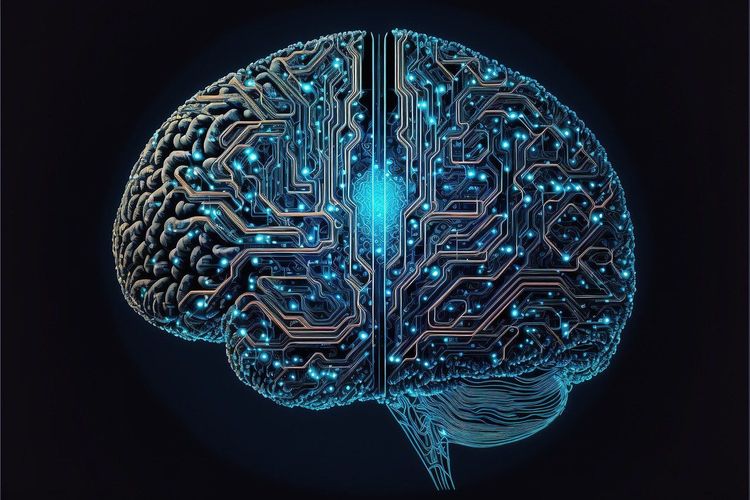Adobe is making waves in the world of music creation and editing with its innovative approach to Generative AI (GenAI). At the Hot Pod Summit in Brooklyn, Adobe introduced Project Music GenAI Control, a groundbreaking platform designed to generate audio from text prompts—think "happy dance" or "sad jazz"—or by using a reference melody, all while allowing users to customize their audio within a single workflow.
With Project Music GenAI Control, musicians can manipulate various elements such as tempo, intensity, repeating patterns, and song structure. Users also have the option to extend a track to any desired length, remix existing tunes, or create endless loops, providing an unprecedented level of flexibility in music production.
Developed in collaboration with researchers from the University of California and Carnegie Mellon University, Project Music GenAI Control is currently in its research phase, as confirmed by Adobe’s head of audio and video AI research, Gautham Mysore, during a panel discussion at the Hot Pod Summit. Although the platform is not yet available to the public and lacks a user interface, Mysore emphasized its potential: “This concept allows AI to generate music while putting you in the director’s seat, offering a range of customizable options. You don’t need to be a composer to express your musical ideas.”
As the demand for GenAI music tools grows, ethical and legal challenges are surfacing due to the rise of AI-generated music, artwork, and text. Homemade tracks utilizing GenAI technologies to replicate recognizable sounds, lyrics, and vocal styles are becoming increasingly viral. Even though music labels swiftly issue takedown notices based on copyright infringements, the debate continues over whether these “deepfake” songs violate the intellectual property rights of artists, labels, and content creators, particularly when GenAI tools draw on copyrighted material.
A recent ruling from a federal judge stated that AI-generated art cannot be copyrighted. However, the U.S. Copyright Office is just beginning to engage the public on issues surrounding AI and copyright law. Uncertainties remain as to whether creators could be held legally accountable for copyright violations if they attempt to commercialize music inspired by established artists.
Mysore highlighted Adobe's commitment to responsible development practices, stating that the company typically builds GenAI technologies using licensed data or material in the public domain to mitigate IP concerns, although specifics regarding Project Music GenAI Control’s data usage remain undisclosed. He noted that Adobe is also developing watermarking technology to identify audio produced by the platform, although this is still in progress.
“Adobe takes a very responsible approach to these matters,” Mysore remarked. “There are numerous talented musicians creating fantastic content. I believe that innovative tools like Project Music GenAI Control will coexist with traditional music creators, leading to the emergence of exciting new musical concepts.”







